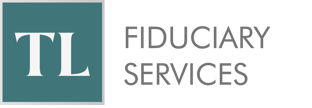WE ADVISE CLIENTS ON ISSUES SUCH AS:
Timely Asset Distribution - How family trusts can be used to provide for more timely and immediate distribution of family assets upon death without disruption, delays, costs and loss of confidentiality associated with obtaining probate under a will
Flexibility - How family trusts can be used to pass family wealth on to the next generations in an orderly and flexible manner
Retaining Control - How family trusts can be set up to allow clients to retain control over investment of trust assets and to ensure distribution proceeds as intended
Vulnerable Family Members - How family trusts can provide for the needs of vulnerable or sick family members
Wealth Protection - How family trusts can protect family wealth from creditors, future financial difficulties, divorce proceedings or litigation
Privacy - How family trusts can enhance a family's privacy and confidentiality
Tax Liabilities - How family trusts can be used to minimize tax liabilities which can erode family wealth











